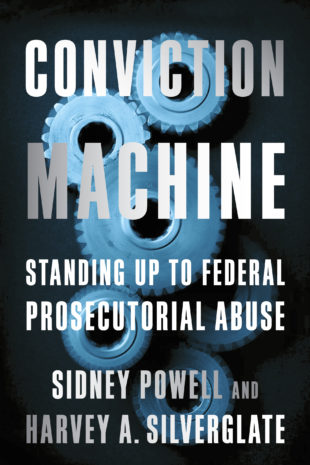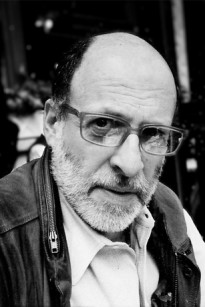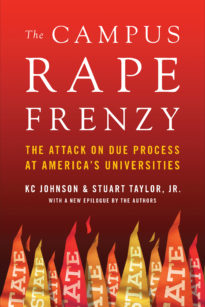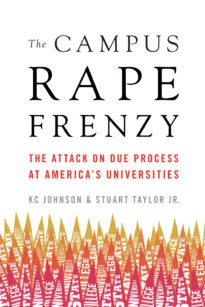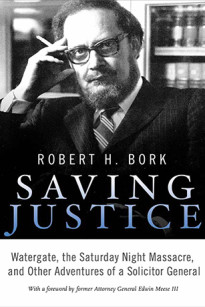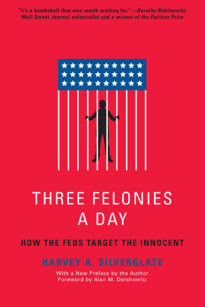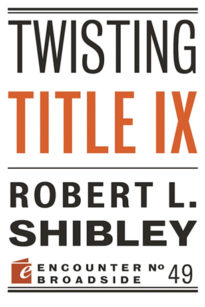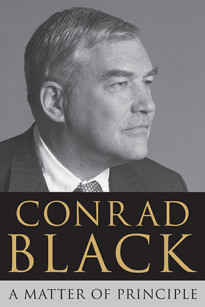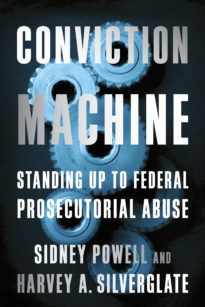The government has a lethal weapon it can deploy at will against any unwary citizen. It is the deadly combination of the ability of federal agents to interview people without counsel; to formalize that interview in their own terms, language, and sequence; and then to seek prosecution of that person for the felony of making a false statement to a federal government official, under Title 18, United States Code, section 1001. False-statement cases normally arise incidentally when government agents are investigating a matter and the interviewee makes a misstatement about that matter. Agents then seek to get to the truth by giving 1001 warnings to coax truthful information from the suspect. But the government has become much more aggressive about abusing the process to create stand-alone offenses and add-on charges to force guilty pleas.
In federal investigations, the FBI’s standard practice is for two agents to interview a witness anywhere, at any time, and usually by surprise. One agent usually takes notes while the other questions the witness, and then, based on the written notes, the agents write a summary report of the interview on a numbered government form called a 302. Despite the modern ease of digital audio and video recording capabilities on every cell phone, the FBI deliberately does not record interviews. As one might imagine, this allows the agents extraordinary leeway and untrammeled discretion in the way they write their 302 reports. Judges rarely permit defense counsel to see the agents’ original notes, even though there are often material differences between those notes and the 302. Add the federal statute embodied in 18 U.S.C. § 1001, under which it is a felony to make a false statement to a government agent, and the prosecution has an industrial-size grinder for its conviction machine—and under its total control.
The most glaring recent example of this abuse was described by James Comey, the former FBI director, when he bragged about how he had circumvented White House protocols and sent two agents over to ambush-interview Lieutenant General Michael Flynn, the national security advisor to President Donald Trump, just days into the new administration. The FBI deputy director, Andrew McCabe, had set up Flynn for the interview by suggesting it was a training exercise in which, of course, he would cooperate with the FBI, and according to McCabe, suggested to Flynn that counsel need not be involved. The FBI already had recordings and transcripts of Flynn’s conversations with the Russian ambassador to the United States, which is what the agents were asking him about, and there was nothing wrong with his having the conversations. In fact, it was Flynn’s job to do so. The sole purpose of the visit was to put General Flynn in a perjury trap.
Rod Blagojevich, former governor of Illinois, learned a thing or two about how the feds operate when they want a conviction, especially when it comes to a high-profile target like a sitting governor. He made the mistake of talking to the FBI agents who asked to speak to him.
Patrick Fitzgerald, the United States attorney in Chicago back when Blagojevich was arrested in 2008, likewise knew how the DOJ assures itself of getting its man. Blagojevich’s initial charge sheet consisted of a plethora of spectacular-sounding and media-grabbing corruption allegations. However, the later-issued formal indictment contained, in addition, two rather ordinary-sounding counts accusing the governor of lying, twice, during a March 2005 FBI interview.
The feds alleged that the governor tried to mislead federal agents when he claimed, in his early interview, that he maintained a “firewall” between his politics and his work as governor. Further, charged the feds, Blagojevich lied when he claimed that he “does not track, or want to know, who contributes to him or how much they are contributing to him.” Fitzgerald and his fellow prosecutors charged that both assertions were untrue and violated the false-statements statute.
The jury convicted Blagojevich of lying to the FBI but deadlocked on all the corruption-related offenses (setting the stage for a retrial in which the governor was convicted of corruption). Addressing the public from the courthouse steps after his first trial, Blagojevich reiterated that he’d told the truth. He added a detail that drew little attention from the news media that seemed so impressed, even giddy, with the prosecutors’ success in convicting a governor. Blagojevich revealed that the FBI agents had refused his request that a stenographer or other means of verbatim recordation be present when they interviewed him, before indicting him for false statements.
Sheldon Sorosky, one of the trial lawyers for Blagojevich, shed further light on what happened regarding the “false statements” charges. Sorosky pointed out when Silverglate spoke to him by phone that there were actually two FBI interviews, but the governor was charged with lying at only the first of them. Before the first interview, Blagojevich and his counsel asked that the Q&A be recorded verbatim. In accordance with bureau policy, the government refused the request. Rather than walk out of the room, Blagojevich and his lawyers, obviously aware of the atmospherics (and press leaks) that would result if a sitting governor refused to answer the FBI’s questions, agreed to sit for the nonrecorded interview.
After that first interview, the agents asked for a follow-up session. This time, Blagojevich and his lawyer insisted that a certified stenographer be present to make a verbatim record. The bureau, obviously eager to conduct the follow-up, made an exception to its normal nonrecording rule, and the second interview was stenographically recorded.
Four years later the government indicted Blagojevich for, among other things, allegedly lying about maintaining a separation between fundraising activities and his official gubernatorial duties. Sorosky, who was present at the first interview, told Silverglate that he had no memory of his client ever making such an assertion to the agents, and assured him that nobody on Blagojevich’s side who was present at the interview had either a memory or notes of the governor’s making such a statement. Yet when Blagojevich was indicted for the alleged lie, the government claimed that the statement had indeed been made, and presumably government agents at the Q&A were prepared so to testify.
Revealingly, no false-statement charges emanated from the second interview, at which the governor and his lawyers had insisted that a stenographer be present as a condition for agreeing to the interview. After the “false statements” conviction, this author (Silverglate) wrote a column for Forbes posing an intriguing question: “If the first interview had a verbatim transcript, would prosecutors still have had the ‘false statement’ charge at their disposal?”
Blagojevich decided in the middle of his trial not to testify, which obviously made it difficult for jurors to question the veracity of the FBI agents’ account of what occurred at the first interview session—especially without a tape recording or stenographic transcript to rebut the FBI’s version. But even if the governor had gone forward with his initial plan to testify, it would have been his word against that of the agents. It would have been an allegedly corrupt politician’s word against that of upstanding officials working for the venerable Department of Justice and the storied FBI. Very few defendants win such a credibility contest.
Blagojevich’s fate on the false-statement charge was sealed by the routine FBI practice of prohibiting verbatim recording of interviews. The FBI and the DOJ made sure he would be convicted of two felonies for which he could receive as much as five years on each count.
